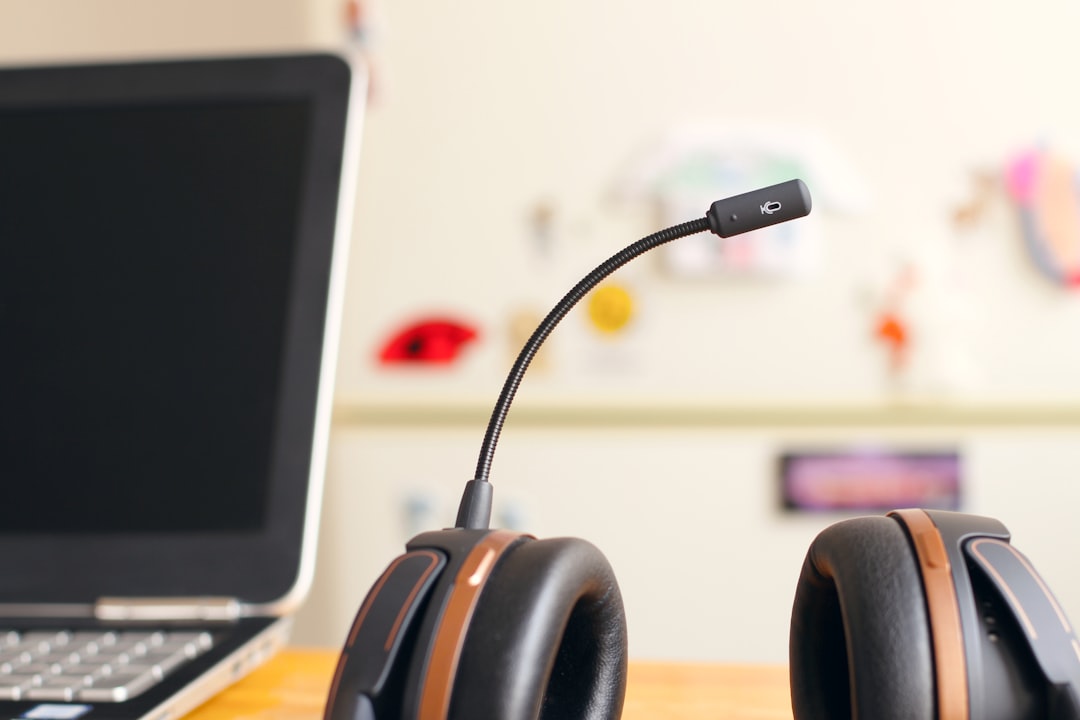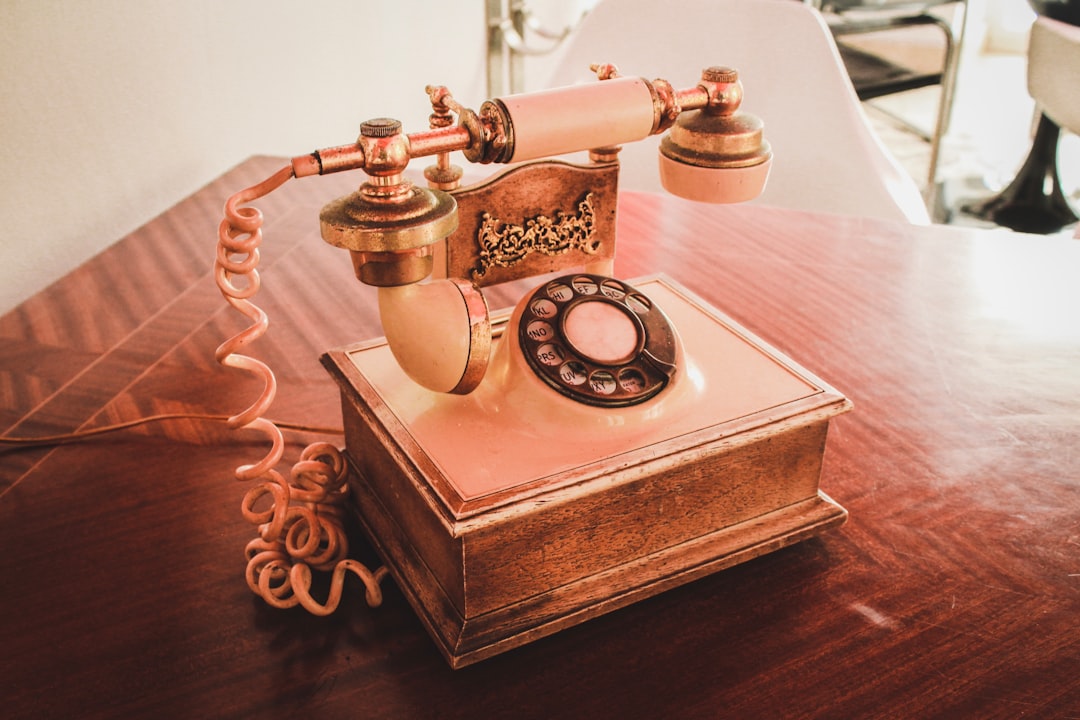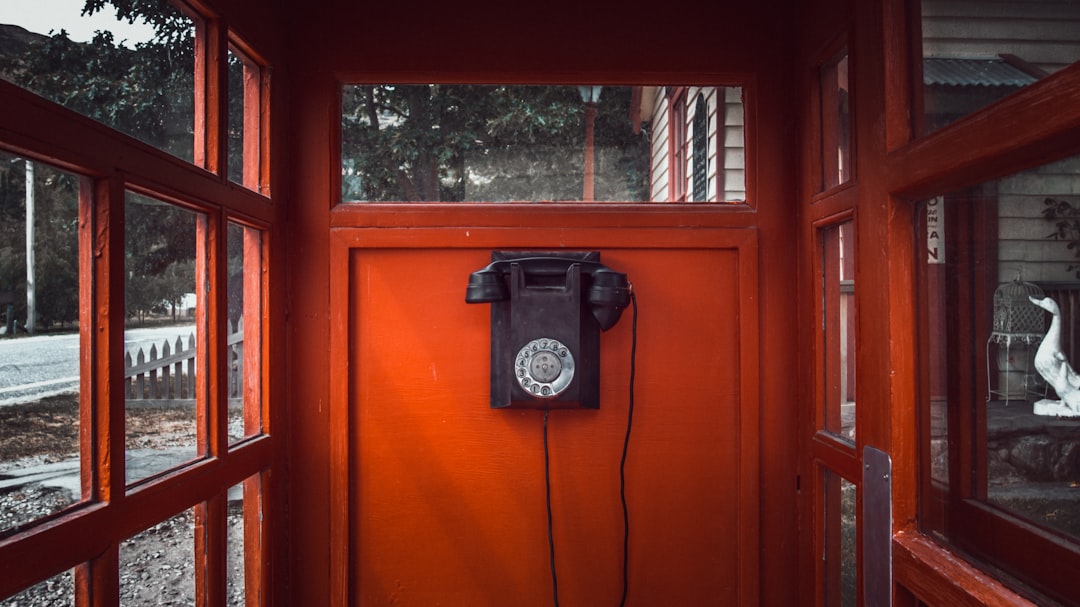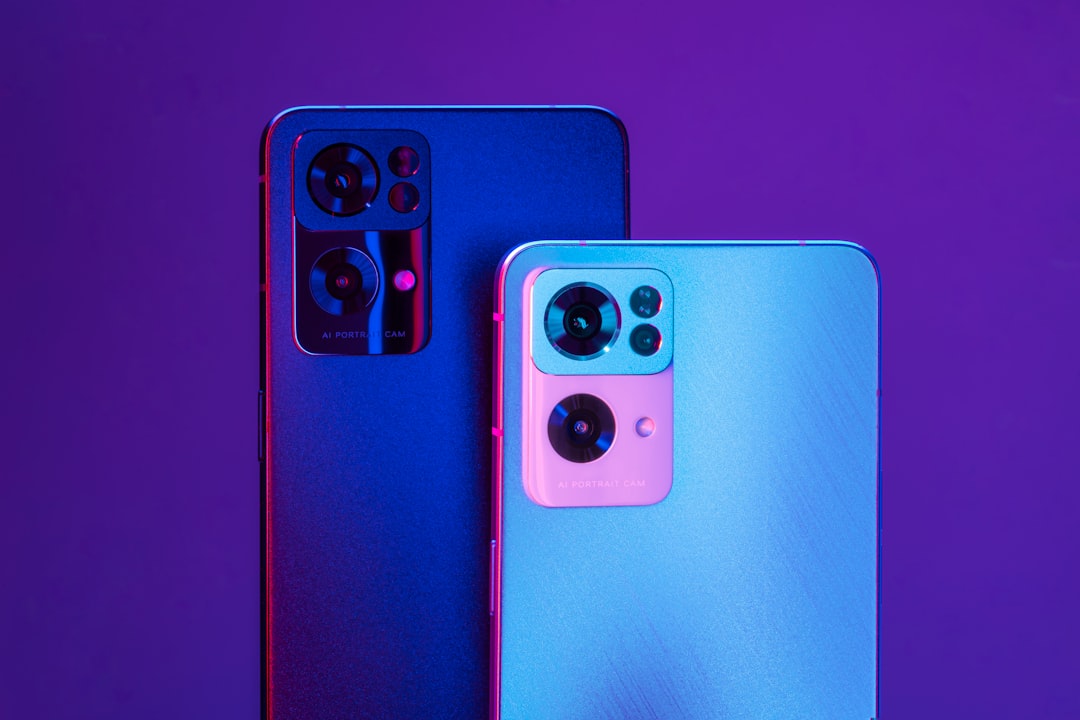In Washington state, stricter robocall laws aim to curb intrusive automated marketing calls. Residents can combat spam using call-tracking apps and anti-spam software that leverage machine learning to identify and block unwanted calls. Documenting spam calls is crucial for legal action under the Telephone Consumer Protection Act (TCPA) and local regulations. User-friendly apps like Honcho, Hiya, NoCall, and CallGuard provide protection, allowing users to customize settings for fine-tuned call blocking while adhering to robocall laws Washington.
In Washington state, understanding and adhering to stringent robocall laws is essential to protect residents from intrusive automated calls. With a surge in spam calls across the nation, Washingtonians need effective tools to combat this nuisance. This article explores comprehensive strategies, including an in-depth look at robocall laws in Washington, identifying spam calls, legal options against persistent spammers, and top apps designed to block unwanted calls. Learn how to customize settings for optimal spam protection in the digital age.
Understanding Robocall Laws in Washington State

In Washington state, the fight against spam calls has gained significant momentum with stricter robocall laws in place to protect residents. These regulations are designed to curb automated phone marketing tactics that many consumers find intrusive and annoying. The state’s legislation aims to give power back to individuals by allowing them to make informed choices about their phone communications.
Under the new robocall laws, companies must obtain explicit consent from callers before dialing, ensuring that residents’ privacy is respected. This means that pre-recorded messages or automated calls for marketing purposes are only permitted if the recipient has given their clear and voluntary permission. Washington’s strict approach to robocalls reflects a broader trend across the nation to regulate these practices, ensuring a more peaceful and less disruptive phone environment for its citizens.
Identifying and Tracking Spam Calls Effectively
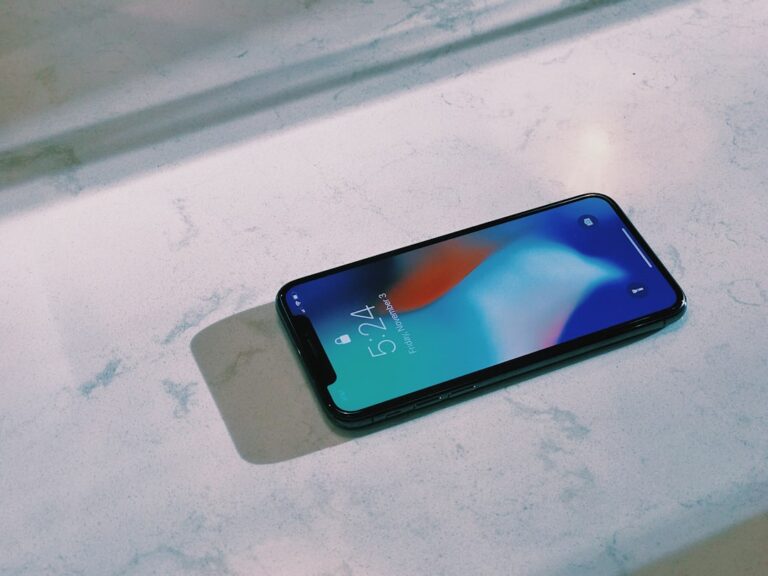
Spam calls, often facilitated by robocalls, have become a significant nuisance in Washington state, as across the nation. Identifying and tracking these unwanted calls effectively is crucial under the state’s robust consumer protection laws. Advanced call-tracking technologies are instrumental in this process. They allow users to log and categorize each spam call, providing valuable data that can be used to refine blocking lists.
Moreover, many anti-spam apps leverage machine learning algorithms to analyze patterns and predict future spam calls. This proactive approach not only blocks known spammers but also adapts as new tactics emerge, keeping up with the ever-evolving methods of robocallers. Staying ahead of these trends is essential for Washington residents seeking to protect their privacy and peace of mind under the state’s strict robocall laws.
Legal Recourse Against Persistent Spammers
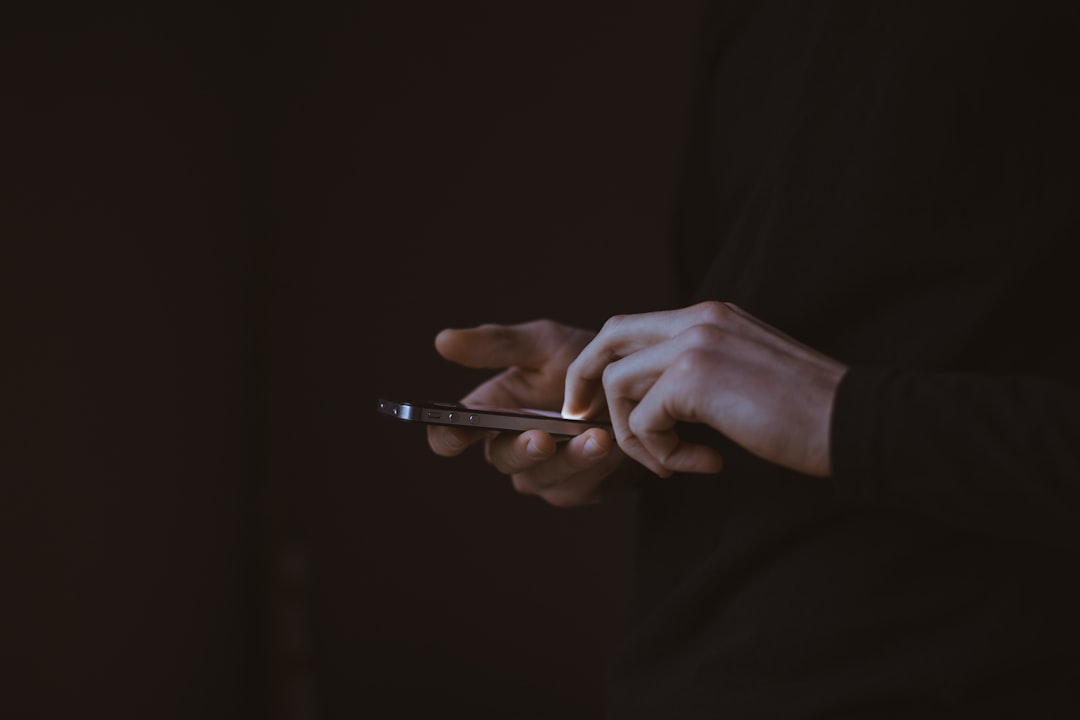
In Washington state, as in many other places, robocalls remain a significant nuisance and legal issue for residents. While various apps and tools can help block and identify spam calls, persistent spammers can still face legal consequences under the Telephone Consumer Protection Act (TCPA). This federal law prohibits automated or prerecorded calls to landlines and mobile phones unless the caller has obtained prior express consent from the recipient.
Washington state also has its own regulations regarding telemarketing practices, further reinforcing protections against unwanted robocalls. If you’ve received repeated spam calls despite your best efforts to block them, you can take action by documenting the calls, including timestamps and call details, as evidence. You may then file a complaint with the Federal Communications Commission (FCC) or contact local law enforcement to pursue legal recourse against these persistent spammers under existing robocall laws in Washington.
Top Apps to Block Unwanted Calls in WA

In Washington state, where the robocall laws are stringent, residents have several reliable options to block unwanted calls. Apps like Honcho and Hiya stand out for their advanced AI-driven technologies that identify and filter out spam calls effectively. These applications not only recognize known spam numbers but also learn to block new ones over time, ensuring a quieter, more peaceful communication experience.
Other notable mentions include NoCall and CallGuard, which offer robust call blocking features along with user-friendly interfaces. All these apps are designed to help Washington residents comply with the state’s anti-robocall laws by providing an extra layer of protection against intrusive and unwanted calls, giving them control over their communication channels.
Customizing Settings for Comprehensive Spam Protection
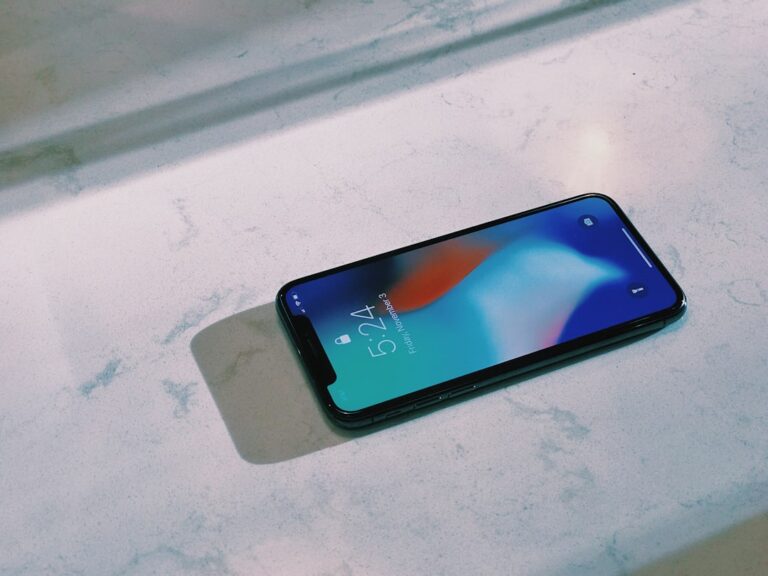
When setting up an app to stop spam calls in Washington state, customizing your settings is key to comprehensive protection against robocalls. These apps often offer a range of options tailored to local regulations and user preferences. Under the robocall Laws Washington, certain numbers are automatically blocked, but you can further refine these settings. Allowlists and blocklists let users specify which numbers to prioritize, ensuring personal calls aren’t unintentionally filtered out. Additionally, advanced features like call screening and AI-powered identification of spam patterns provide extra layers of defense against unwanted callers.
User profiles can also be customized based on individual needs. This might include setting different sensitivity levels for various time periods—for instance, higher protection during work hours or while at home in the evenings. Many apps allow you to quickly report suspicious calls, contributing to a collective effort to identify and block emerging spamming trends under Washington’s robocall laws.

